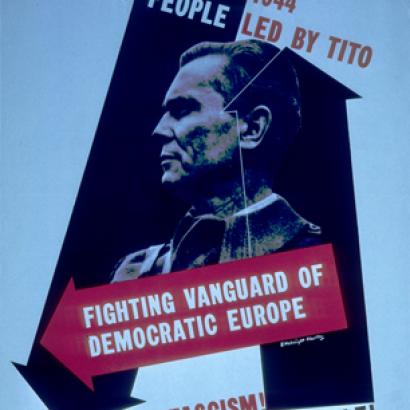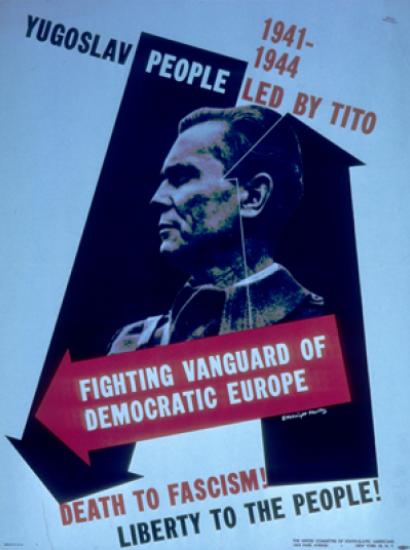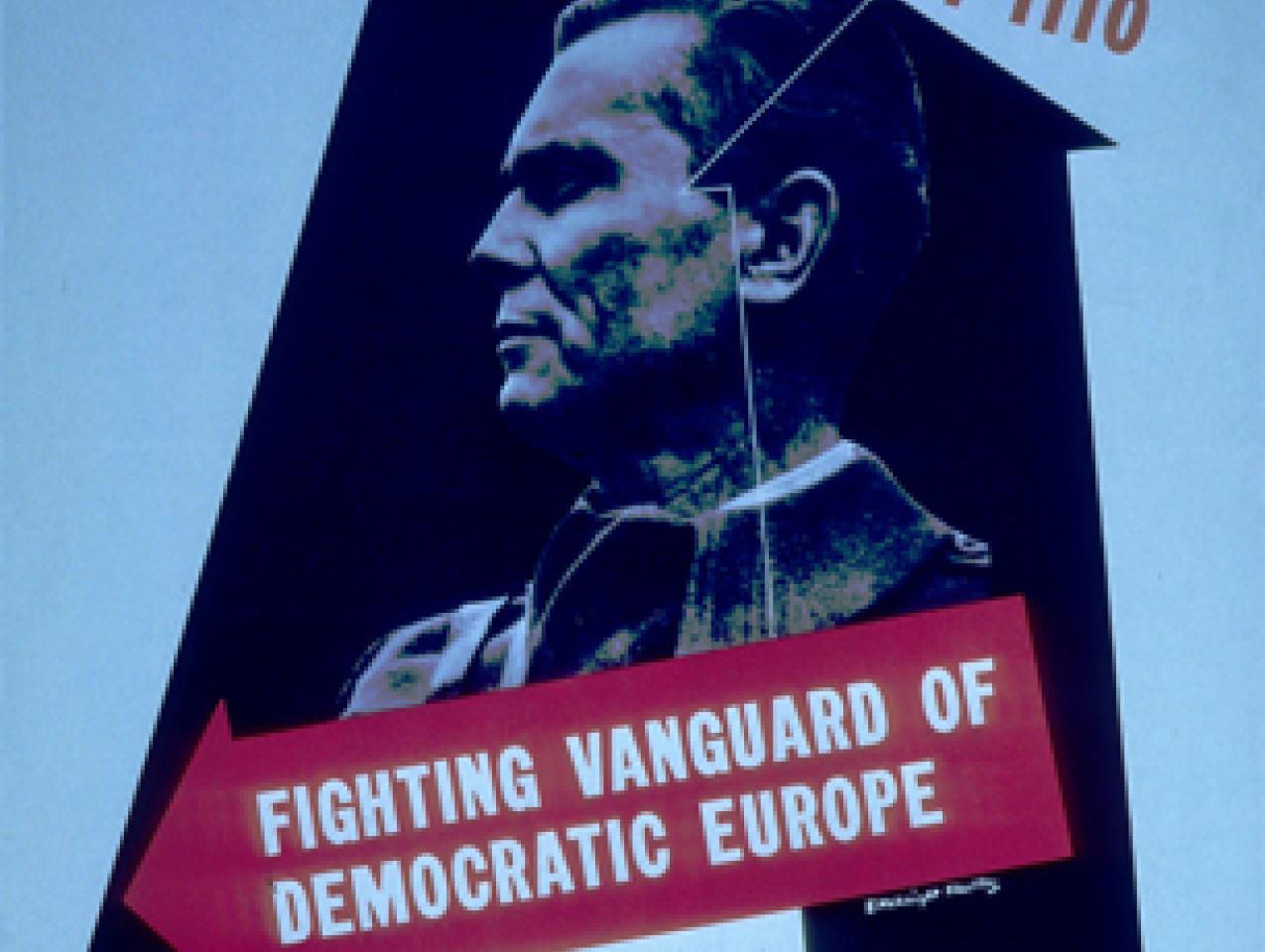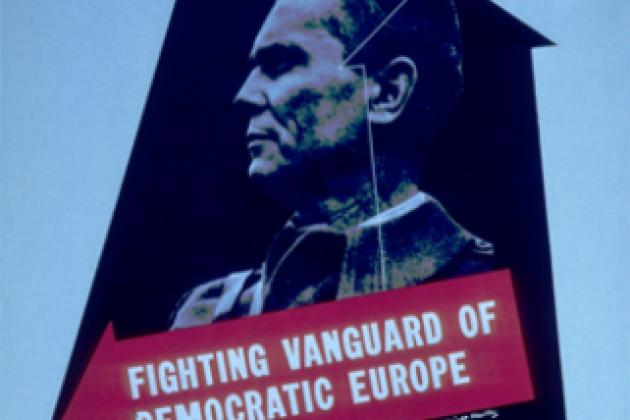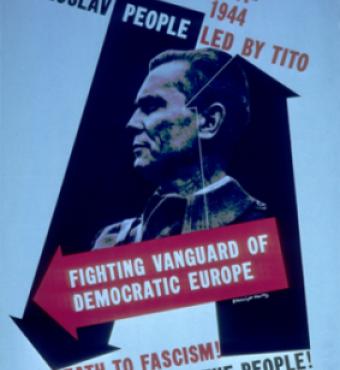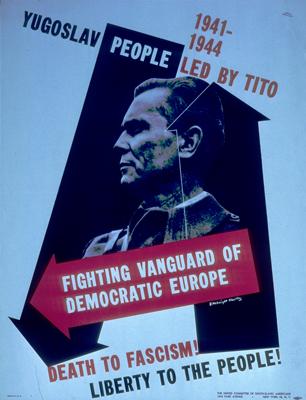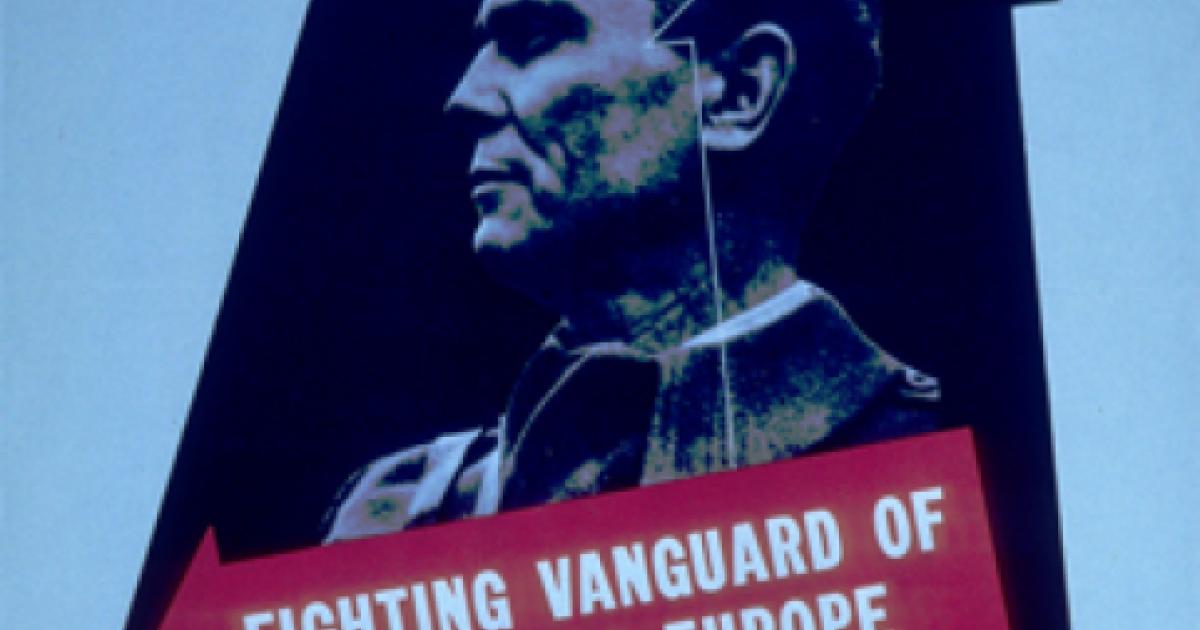- History
- Military
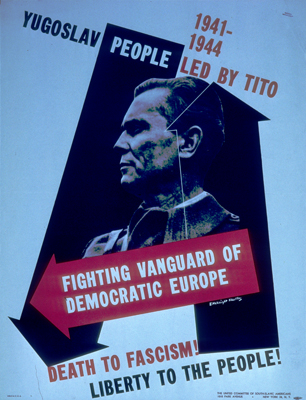
On Wednesday, November 22, a United Nations tribunal convicted former Bosnian Serb commander Ratko Mladić, the “butcher of Bosnia,” of genocide, war crimes, and crimes against humanity, and sentenced him to life in prison. The charges stem from his role in the Srebenica massacre along with ethnic cleansing and deliberate targeting of civilians during the Bosnian civil war. Mladić was the chief of staff of Bosnian Serb army and interior ministry forces for four years during the brutal conflict, which left more than 100,000 people dead and millions displaced.
Yugoslavia was born after World War I from the ashes of the Ottoman Empire. As a multi-ethnic, multi-confessional entity situated in one of the historical crossroads of conflict in Southeast Europe, the odds were stacked against the new state. Communist revolutionary Josip Broz Tito, the forceful partisan leader who helped to liberate Yugoslavia from German control in World War II, held the state together by force of personality until his death in 1980. A decade later Yugoslavia disintegrated, with Croatia and Slovenia declaring their independence from Belgrade. When the Republic of Bosnia and Herzegovina broke away in 1992, the region descended into a vicious civil war that featured ethnic cleansing and mass rape as weapons. United Nations peacekeepers attempted to create safe zones, but lack of will and anemic rules of engagement left them powerless to end the bloodshed.
Bosnian Serb forces besieged Sarajevo and targeted the city of Srebrenica with a view to expelling its Muslim inhabitants. Four years of siege – the longest in the twentieth century – left 14,000 people dead and parts of Sarajevo in ruins. Bosnian Serb forces overran Srebrenica in July 1995, murdering in cold blood upwards of 8,000 Muslim men and boys who had surrendered. The intervention of NATO airpower (Operation Deliberate Force) and a successful Bosniak-Croat offensive in September pressured the Bosnian Serbs to the negotiating table. The Dayton Accords inked that December led to the intervention of a NATO-led peacekeeping force and the end of the conflict.
As was the case with the International Military Tribunal at Nuremberg after World War II, which charged twenty-four senior Nazi officials with crimes against peace, war crimes, and crimes against humanity, the international community looked to call to account senior political and military officials for their part in war crimes and crimes against humanity in Bosnia. The United Nations established the International Criminal Tribunal for the former Yugoslavia (ICTY) in 1993; to date it has indicted 161 individuals. Mladić was extradicted to The Hague in 2011; his conviction just about completes the mandate of the ICTY, which will wrap up its work after any appeals are exhausted.
Nearly two centuries ago the Prussian military philosopher Carl von Clausewitz wrote of “ideal war,” unbridled violence uninhibited by political or moral considerations. He realized that war would never reach this absolute level for a variety of reasons, primarily the influence of political considerations in its conduct. Mladić’s conviction illustrates the advance of international law in governing warfare in the 21st century, at least when indicted war criminals can be brought to account for their actions. War may never be bloodless, but concerted international action can make it less than ideal – and that is a development for which the world can be thankful.







